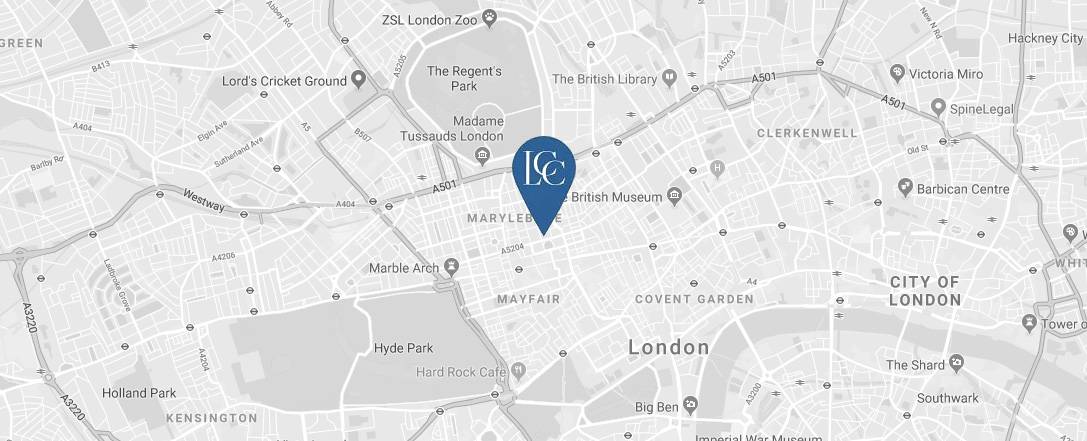Alopecia
The term alopecia means hair loss. In alopecia areata, one or more round bald patches appear suddenly, most often on the scalp. It is a common autoimmune disorder which causes your hair to fall out, often in clumps which are usually the size and shape of a small penny. The amount of hair loss is different in everyone. Some people lose it only in a few areas whereas for others, they can lose their hair altogether.
When alopecia areata causes widespread hair loss, complete loss of hair on the scalp (alopecia totalis), or loss of all hair (alopecia universalis), few people regrow their hair without help.
What triggers alopecia areata?
Alopecia areata is an autoimmune disease. This means that your immune system mistakenly attacks a part of your body. When you have alopecia areata, cells in your immune system surround and attack your hair follicles (the part of your body that makes hair).
Alopecia can happen as a result of stress, a traumatic event or even genetics. Fortunately, in many cases, alopecia can be successfully treated and here at The London Cosmetic Clinic in Harley Street, we offer clinically-proven, safe treatments which are both non-invasive and highly-effective.
What are the signs and symptoms of AA?
Alopecia areata usually begins with one or more small, round, coin-size, bare patches. It is most common on the scalp but can involve any hair-bearing site including eyebrows, eyelashes, and beards. Hair may fall out and regrow AA usually has no associated symptoms, but there may be minor discomfort or itching prior to developing a new patch. Nails may have tiny pinpoint dents and may rarely become distorted.
Is Alopecia Areata permanent?
Fortunately, the follicles retain their ability to regrow hair with the possibility of full hair regrowth always presents and the hair loss is not permanent in most cases.
Is this a symptom of a serious disease?
Alopecia areata is not a symptom of a serious disease and usually occurs in otherwise healthy individuals.
How Long does Hair Loss Last?
In half of patients with alopecia areata, individual episodes of hair loss last less than one year, and hair grows back without treatment. These patients may experience recurrent episodes of hair loss that spontaneously regrow or respond quickly to treatments.
What treatments are available?.
There is not yet reliable cure for alopecia areata and other forms of autoimmune hair loss. Spontaneous regrowth is common in alopecia areata, especially in the early stages of the disease. People with mild early alopecia areata may need no treatment, as their hair is likely to come back anyway without it. Some treatments can induce hair growth, though none is able to alter the overall course of the disease. While treatments may promote hair growth, new patches of hair loss may continue to appear.
What is the outcome for someone who has alopecia areata?
Sometimes, hair regrows on its own without treatment. This happens more often when someone has a few patches of alopecia areata, which have been there for less than 1 year.
When hair fails to grow back, treatment can help.
Check Our Pricelist
Alopecia Treatments
Topical Treatments for Alopecia Areata
Topical steroids creams, lotions, ointments, or foams are applied directly to the scalp or area of the skin where the alopecia exists. The aim of topical steroids (corticosteroids) is to hinder and reduce inflammation within the skin. Depending on your individual requirements and condition, there are different strengths and formulations available. The formulation prescribed is important and, in most cases, a potent concentration of the medication is required. Results can take up to a year to be seen, as the hair needs to grow back in the patches where it has fallen out.
Corticosteroids—are anti-inflammatory drugs that suppress the immune system. They can be given as injections into the areas of hair loss or rubbed into affected areas. Prescription-strength corticosteroids in liquid form can be applied directly to the scalp. However, these are less effective than injections. This is often an effective treatment for children affected by alopecia areata.
Intralesional corticosteroid injections can be an effective way to treat alopecia areata. The corticosteroid is injected into the deeper levels of the dermis directly into hairless patches on the scalp, eyebrow, and beard areas. It may speed up regrowth of hair.
These injections can be repeated at 4 to 6 weekly intervals. To alleviate any discomfort as a result of the injections, a topical anaesthetic will be applied, 30 to 60 minutes before the treatment commences. Hair growth usually begins approximately 4 weeks after the injection. The results from a single injection session using intralesional corticosteroids can last up to 9 months. However, for more lasting results, a course of treatment may be required.
Topical minoxidil 5% solution—may promote hair growth in alopecia areata. Minoxidil 5% solution applied twice daily to the scalp, brow, and beard areas may promote hair growth in both adults and children with alopecia areata. New hair growth may appear in about 12 weeks.
Systemic Treatments for Alopecia Areata
Steroid Tablets: Large doses of steroid tablets may slow down the progression and result in regrowth of the hair especially in the early stages of the disease. Some studies with widespread alopecia areata showed many patients had some regrowth after taking the medication for 6 weeks. However, when the treatment stops the alopecia often recurs.
While this medication can help regrow hair, it cannot be taken for long. Serious side effects can develop. It’s also possible that when you stop taking this medication, your new hair will fall out.
Immunosuppressant Tablets: These tablets suppress the immune system and are occasionally used to treat severe alopecia areata which have not responded to other treatments. The evidence that they can cause hair regrowth in alopecia areata is limited and these tablets can have potentially serious side effects.
View Frequently Asked Questions
frequently asked questions
Before a treatment for any medical or skin condition can commence, here at The London Cosmetic Clinic, we will request that you attend a no obligation consultation, skin analysis and medical history check, so that we can determine which treatments will be both suitable and safe for your individual skin concerns, lifestyle, and general health.




